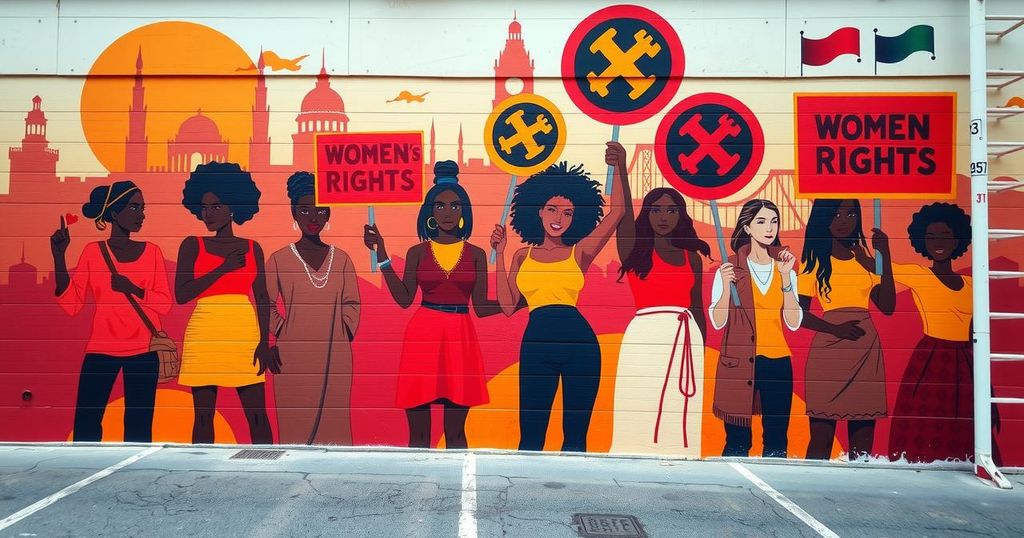Senator Natasha Akpoti-Uduaghan’s suspension for alleging sexual harassment brings attention to the severe challenges women face in Nigerian politics. With only 17 women in the House and three in the Senate, the situation highlights the need for enhanced representation and measures like gender quotas. The incident reveals not just a personal battle, but broader systemic issues within the country’s political landscape.
The recent suspension of Senator Natasha Akpoti-Uduaghan by Nigeria’s Senate highlights severe challenges regarding women’s rights and representation in the country. Following her accusations of sexual harassment against Senate president Godswill Akpabio, Akpoti-Uduaghan faced backlash instead of support from many women politicians, emphasizing the uphill battle for gender equality in Nigeria. With only 17 women in the House of Representatives and three in the Senate, Nigeria ranks 179th worldwide for female representation in national legislatures.
Advocates stress the need to restore confidence for women and girls impacted by systemic issues within political structures. Eniola Edun-Ogunlana, founder of the EME Foundation, pointed out the grim reality for women in rural areas who may also suffer similar treatment. The controversy began when Akpoti-Uduaghan claimed that Akpabio proposed a quid pro quo arrangement for advancing her motion on national television, linking it to sexual favors.
Following her allegations, the Senate suspended Akpoti-Uduaghan for six months, citing prior misconduct rather than her harassment claims. While some, including Edun-Ogunlana, supported her, other prominent figures, such as Senator Oluremi Tinubu, defended the Senate’s actions, suggesting Akpoti-Uduaghan deserved her punishment. Tinubu highlighted that female politicians are often subject to compliments, which perpetuates dismissive attitudes towards serious concerns.
Gender quotas, a successful tool in other African nations to enhance women’s political presence, have yet to be adopted in Nigeria. Many female politicians stem from influential family backgrounds, reinforcing stereotypes that women lack qualifications for political roles. Akinsola Alaba Agagu, a political science professor, noted that women made significant contributions during colonial times, contrasting with the current political landscape.
An anonymous former National Assembly employee recounted pervasive sexism, claiming that respect for women in the political arena is scarce. Even during her decade-long career, she faced constant sexism and ultimately left the field due to its toxic environment. Such experiences underscore the need for meaningful changes in the treatment and representation of women in Nigerian politics.
The suspension of Senator Natasha Akpoti-Uduaghan after her harassment allegations sheds light on the pervasive sexism in Nigeria’s political sphere and the dire need for improved women’s representation. The backlash she faced, especially from other women in politics, emphasizes systemic barriers hindering progress. Activists argue for restoring confidence among women and advocating for gender quotas to ensure more equitable participation in governance, while the societal attitude towards women in politics remains an obstacle.
Original Source: www.hindustantimes.com






